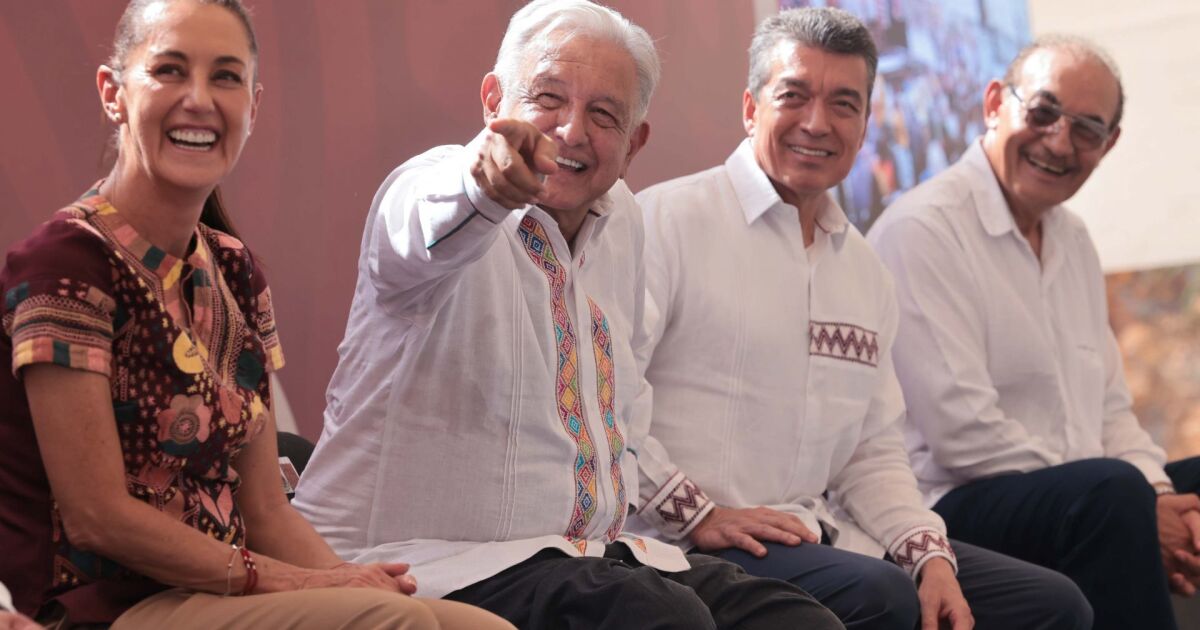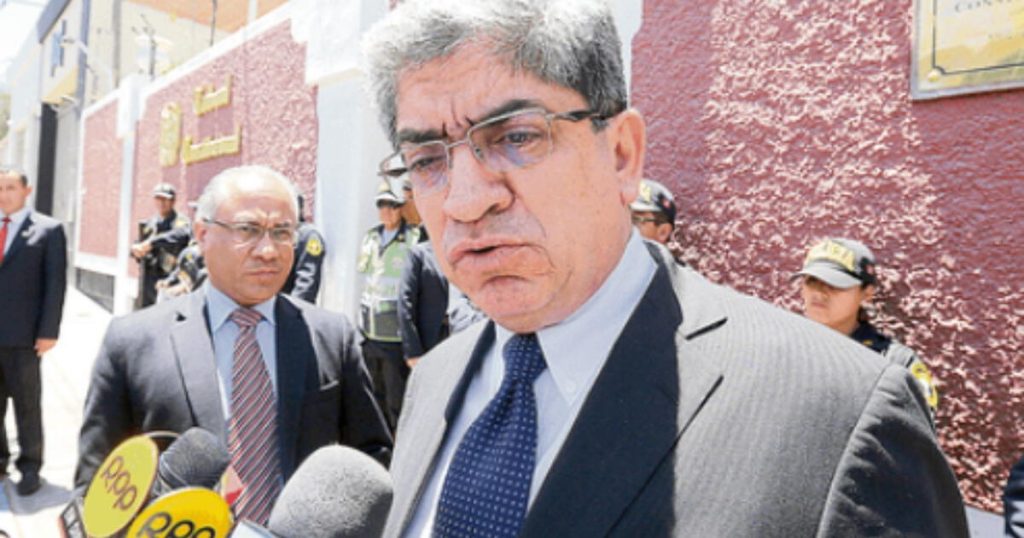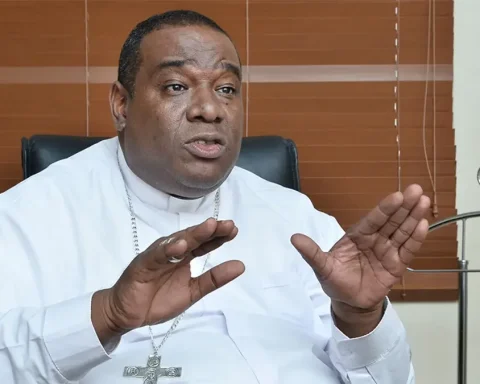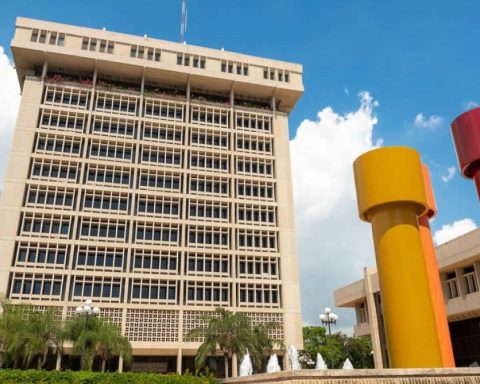Thus, on September 13, 2018, the Chamber of Deputies approved the Federal Law on the Remuneration of Public Servants, regulating articles 75 and 127 of the Constitution, an amendment that was not published until November 5, 2018.
But this new law took up -in order to speed up the changes- a version of the proposal promoted by former President Felipe Calderón, which resulted in legislation with multiple errors, including referring to the Federal District, talking about fines in minimum wages and not in UMA, alluding to the Attorney General’s Office (PGR) and the Federal Electoral Institute (IFE), which are now extinct and transformed into new institutions.
These first errors were detected by the Supreme Court of Justice of the Nation (SCJN), which on May 20, 2019, after analyzing actions of unconstitutionality promoted by the National Commission of Human Rights (CNDH) and by opposition senators, resolved that before the changes came into force, the “noticed defects” should be corrected.
The main one, according to the Court, was the failure to establish with certainty what the President’s salary would be, and the objective parameters that led to that figure, so that the establishment of salaries was not a discretionary presidential decision.
In order to restore the entire original procedure, Morena, through the then deputy Pablo Gómez – who had already promoted limiting the salaries of public servants since 2009 and without success – proposed in November 2019 a new Federal Law on the Remuneration of Public Servants.
Although Gómez proposed parameters like those ordered by the SCJN and based on a formula that considered a Gross Domestic Product (GDP) per capita to, through various operations, conclude in a range of perceptions that went from 131,315 pesos to 164,144 pesos per month, that path also did not prosper and was not put to a vote because it did not generate internal agreement.
By then, through unconstitutionality actions or amparos, the courts granted suspensions to avoid such salary reductions to officials of the Bank of Mexico (BM), the National Electoral Institute (INE), the Federal Economic Competition Commission (Cofece), the Federal Telecommunications Institute (IFT), the National Institute of Transparency, Access to Information and Protection of Personal Data (INAI), the Attorney General’s Office of the Republic (FGR), the Federal Administrative Court of Justice, among other entities.
The main reason was that their perceptions are guaranteed in the Constitution because they are powers or organizations with budgetary autonomy, in addition to other reasons such as the affectation of acquired rights.

















